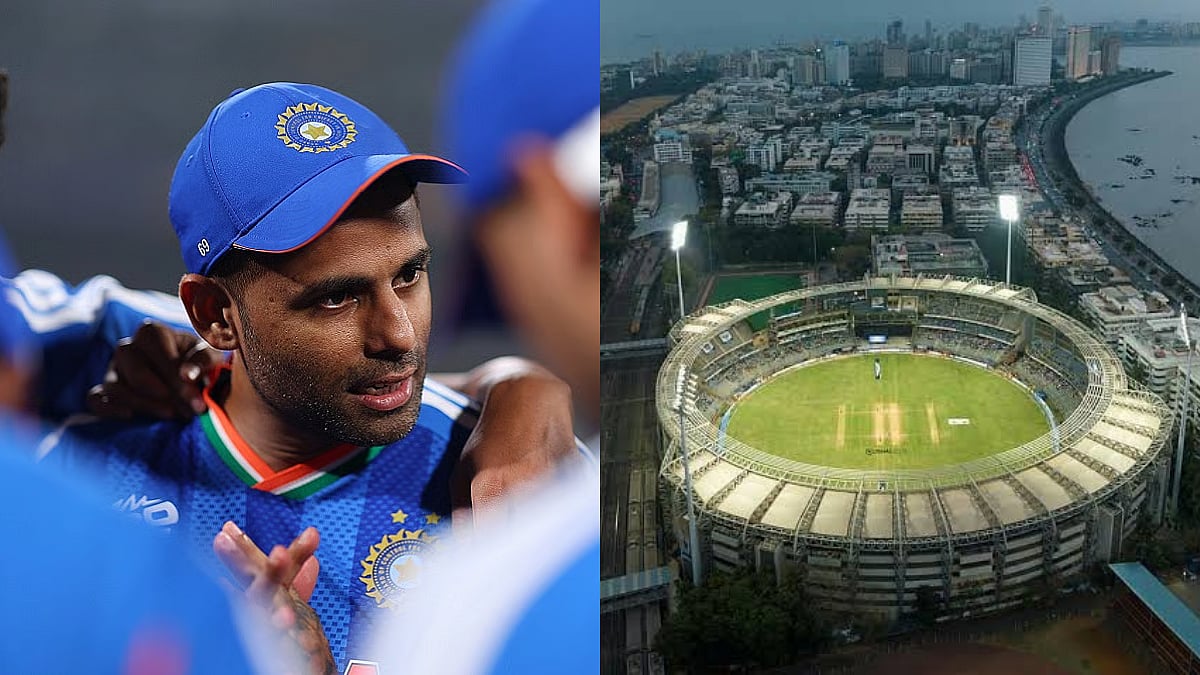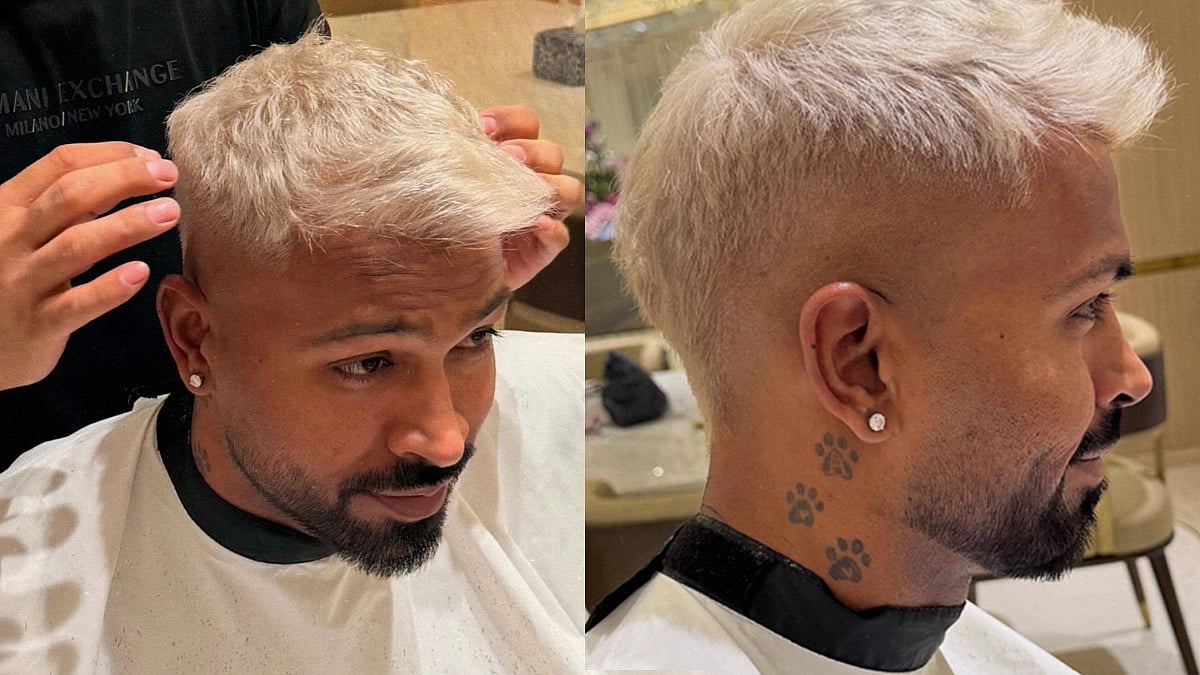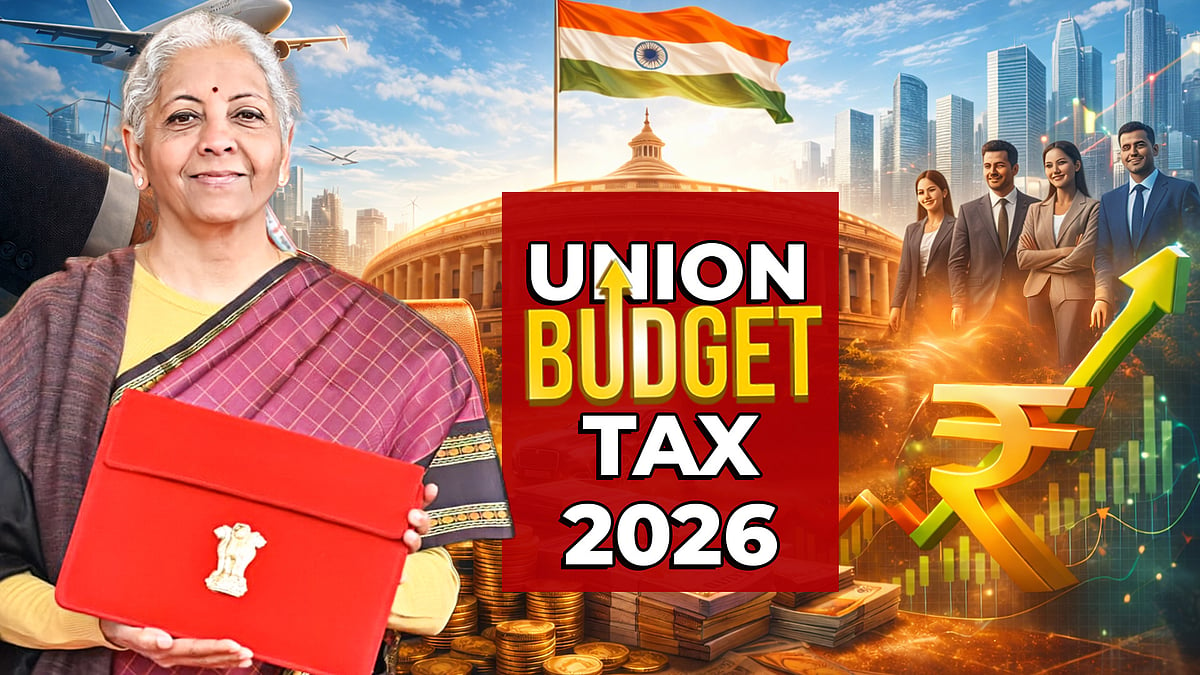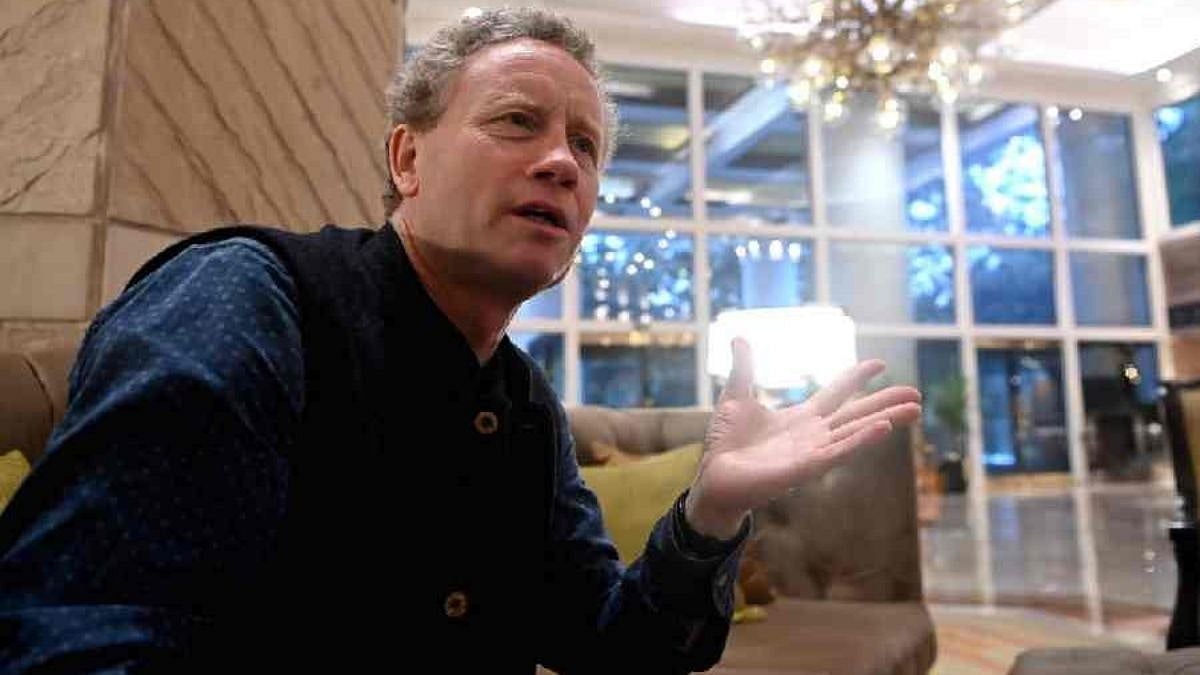Despite India protesting against the American offer to Pakistan of a $450 million sustenance package for its older fleet of F-16 aircraft, Indo-US relations are on an even keel and promise to be friendlier in the coming months as the global situation worsens from Chinese muscle-flexing. On his recent visit to the US, India’s External Affairs Minister S Jaishankar minced no words, rejecting the US claim that the F-16s were meant for Pakistan to fight terrorists and not for use against India. But the fact that both India and the US were willing to move ahead on developing their ties despite the F-16 irritant underlines the maturity of the respective leaderships.
The bitter recriminations when the US suspected India of being a member of the hostile Soviet camp, while India railed against the US for supplying strategic weapons to Pakistan, are long behind us. The much altered global situation, with the rise of China as an economic and military superpower and the relative decline of nuclear-powered Russia, has given the leeway to both Washington and New Delhi to recalibrate ties. Today there are more commonalities than differences between the world’s most powerful democracy and the world’s most populous one. As Mr Jaishankar, who was in the US for the annual UN General Assembly session, said at the end of the bilateral talks with his American counterpart, Antony J Blinken, Indo-US relations are close and set to get closer. Reciprocating the sentiment, Mr Blinken said, “No two nations have greater ability, opportunity and responsibility to shape the future. We are thinking together and working together... That doesn’t mean we don’t have differences, we have... but we have the depth to overcome these.”
Because trust prevails where once suspicion and distrust ruled, both India and the US can live with each country disagreeing occasionally on an issue or two, depending on respective self-interest. For example, in spite of the US wanting India to join it in condemning Russia for its invasion of Ukraine, India took a more nuanced stance, stressing adherence to the UN Charter and against the breach of sovereignty of an independent nation.
Further, despite the US-led sanctions against Russia, India increased manifold its import of crude oil from Russia. Mr Jaishankar justified the Russian imports on grounds of “our national interest”. Admittedly, following the relative decline of the US and the rise of a militaristic China, in the resulting multi-polar world strategic interests enjoin upon the US to enlist the support of as many democracies as it can to stave off the threat from an expansionist China. Having been on the receiving end of Chinese aggression on more than one occasion, India has reason to team up with the free world to safeguard its wider security and strategic interests. While still dependent to an extent on Russian armaments and spares, India has in recent years diversified its defence imports. The US, too, has shed old reservations on exporting some sophisticated armaments to India. China might be annoyed with India joining the US, Japan and Australia in forming strategic groups for undertaking periodic joint military exercises, but these are defensive in nature, meant to repulse any aggressive adventure by it on land, sea or air. The Chinese bullying in the South China Sea of smaller maritime nations is a case in point. Or, for that matter, its threat to grab Taiwan by force.
That the US realises that no Asian power other than India can help to meet the Chinese challenge explains its belated reordering of ties with this country. Mutual interest rather than the ideology-based mumbo-jumbo of earlier decades now underpins the Indo-US bilateral friendship. There is much to bind India and the US in a mutually beneficial relationship. But that does not, nay should not, constrain either friend from taking an independent line should its interests so demand. That sense of maturity is beginning to inform the Indo-US relations. Even when India was more or less part of the Soviet bloc, Indians were well-disposed towards the US Now, several decades later, when the Soviet Union has disintegrated, people-to-people relations between India and the US are close, reflecting the bonhomie at the level of the respective leaderships. These ties will hopefully serve the larger economic and strategic interests of the two countries.


.jpg)






